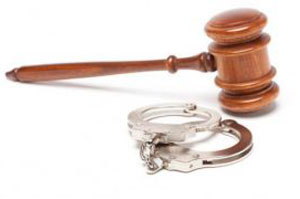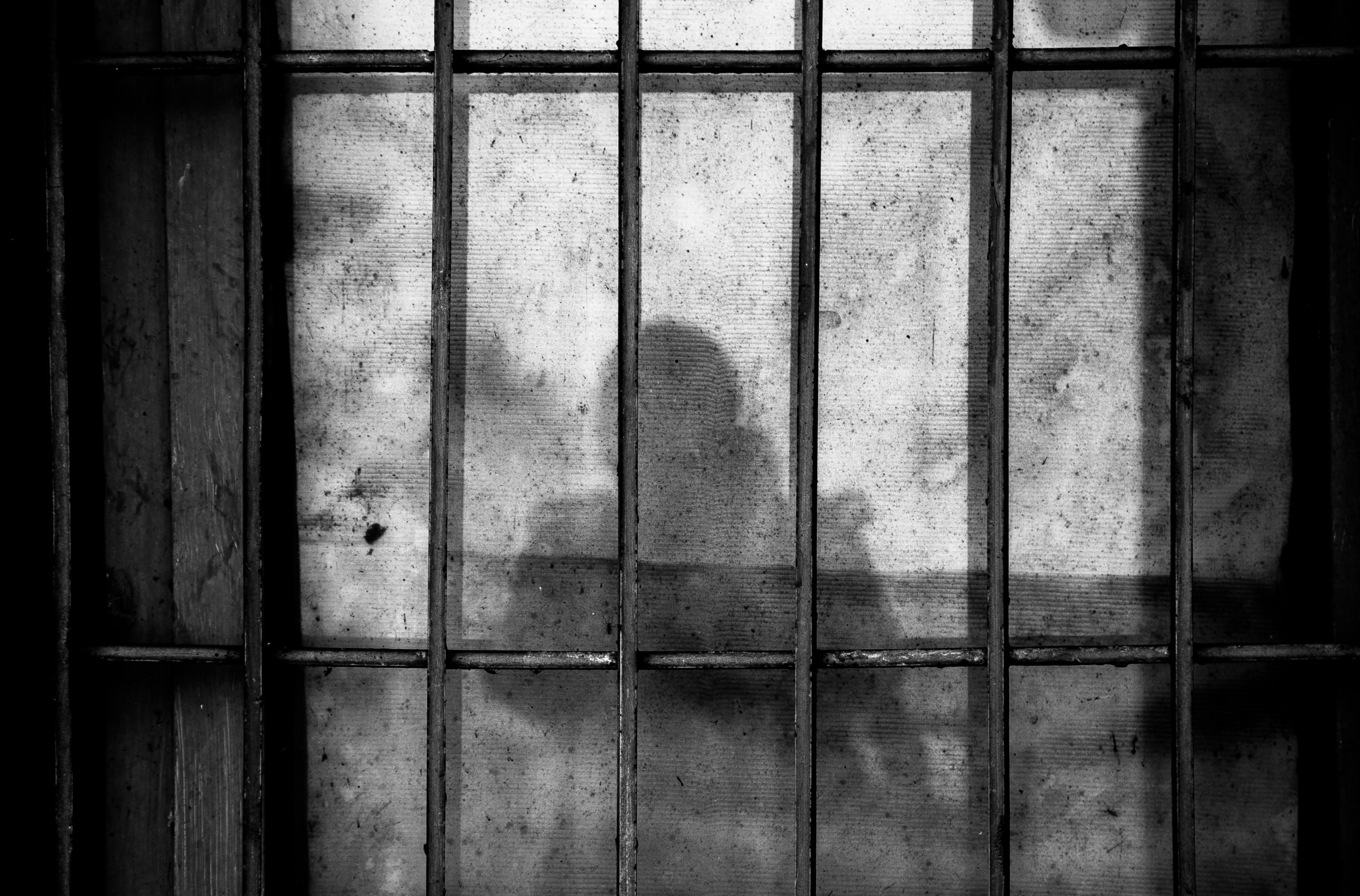Supreme Court Sets Parameters for Disclosure of Information to Accused Persons

The Supreme Court in the case of Republic v Eugene Baffoe-Bonnie & 4 Ors [1] has upheld the right of accused persons being tried summarily to have access to all documents in the possession of the prosecution – irrespective of whether the prosecution intends to rely on them or not. “A trial cannot be fair, just and balanced if the prosecution is allowed to keep relevant materials to its chest and therefore hope to spring a surprise on the defence for the purpose of securing a conviction”, the court stressed. The Court was, however, quick to point out that the views expressed above were not absolute but subject to a number of exceptions.
This decision is an offshoot of a criminal trial in the High Court involving five persons accused of various charges including conspiracy to cause financial loss to the state, wilfully causing financial loss to the state, stealing and using public office for profit.
The defence lawyers, in the High Court, made an oral application for the documents that the prosecution intended to rely on in the summary trial. They requested for a summary of evidence, police witness statements as well as documents discovered by the prosecution including those they did not intend tendering. The defence lawyers argued that the right of accused persons to have access to the documents that the prosecution intended to rely on fell within the constitutional ambit of providing accused persons with adequate facilities[2] to prepare their defence.
Since the matter contained question of constitutional interpretations, the trial judge referred the matter to the Supreme Court. The main question before the Supreme Court was whether an accused person in a summary trial was entitled to comprehensive pre-trial disclosures. There was also the question of whether an accused person in a summary trial was entitled to full disclosure of documents in the possession of the prosecution that would not even be tendered by the prosecution. The state was not opposed to the application but argued that the right to disclosures should not be absolute.
In sum, the Supreme Court agreed with the defence lawyers that an accused person being tried summarily was entitled to all documents in the possession of the prosecution – including those that the prosecution did not intend to rely on. Sophia Adinyira JSC, speaking on behalf of the court noted that: “the natural interpretation of article 19(2)(e) can only mean that an accused person in a criminal trial and whose liberty is on the line has to be given all materials which the prosecution intends to use at trial within a reasonable time, to enable the accused prepare his defence.
The court was, however, quick to point out that the rights of accused persons to disclosure must be balanced with the right of other actors in the criminal justice system. The court stressed that it was “…obvious that disclosure of some types of information has the potential to expose victims and witnesses to harm, intimidation, or reprisals and that a blanket disclosure of information and document is indeed not realistic or practical because different stakeholders in the criminal justice system such as complainants, witnesses, informants, police intelligence and investigation, national security and public interest equally need protection.”
[1] Reference No. J1/06/2018; 7 June 2018
[2] 1992 Constitution, Article 19(2)(e)
***Image source from http://iravaban.net/en/8701.html




great stuff
Hello there,
My name is Aly and I would like to know if you would have any interest to have your website here at ghanalawhub.com promoted as a resource on our blog alychidesigns.com ?
We are in the midst of updating our broken link resources to include current and up to date resources for our readers. Our resource links are manually approved allowing us to mark a link as a do-follow link as well
.
If you may be interested please in being included as a resource on our blog, please let me know.
Thanks,
Aly
How does the ratio inRepublic v Baffoe Bonnie affect the indictment process